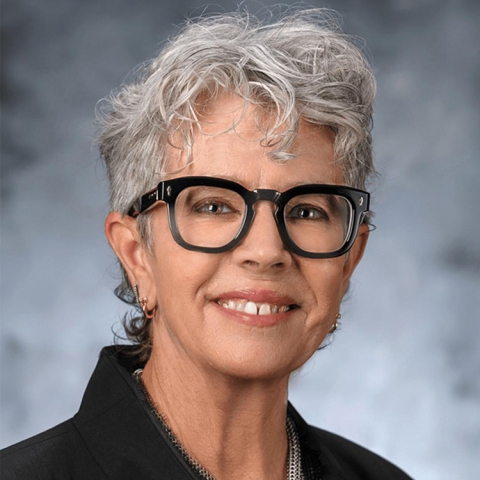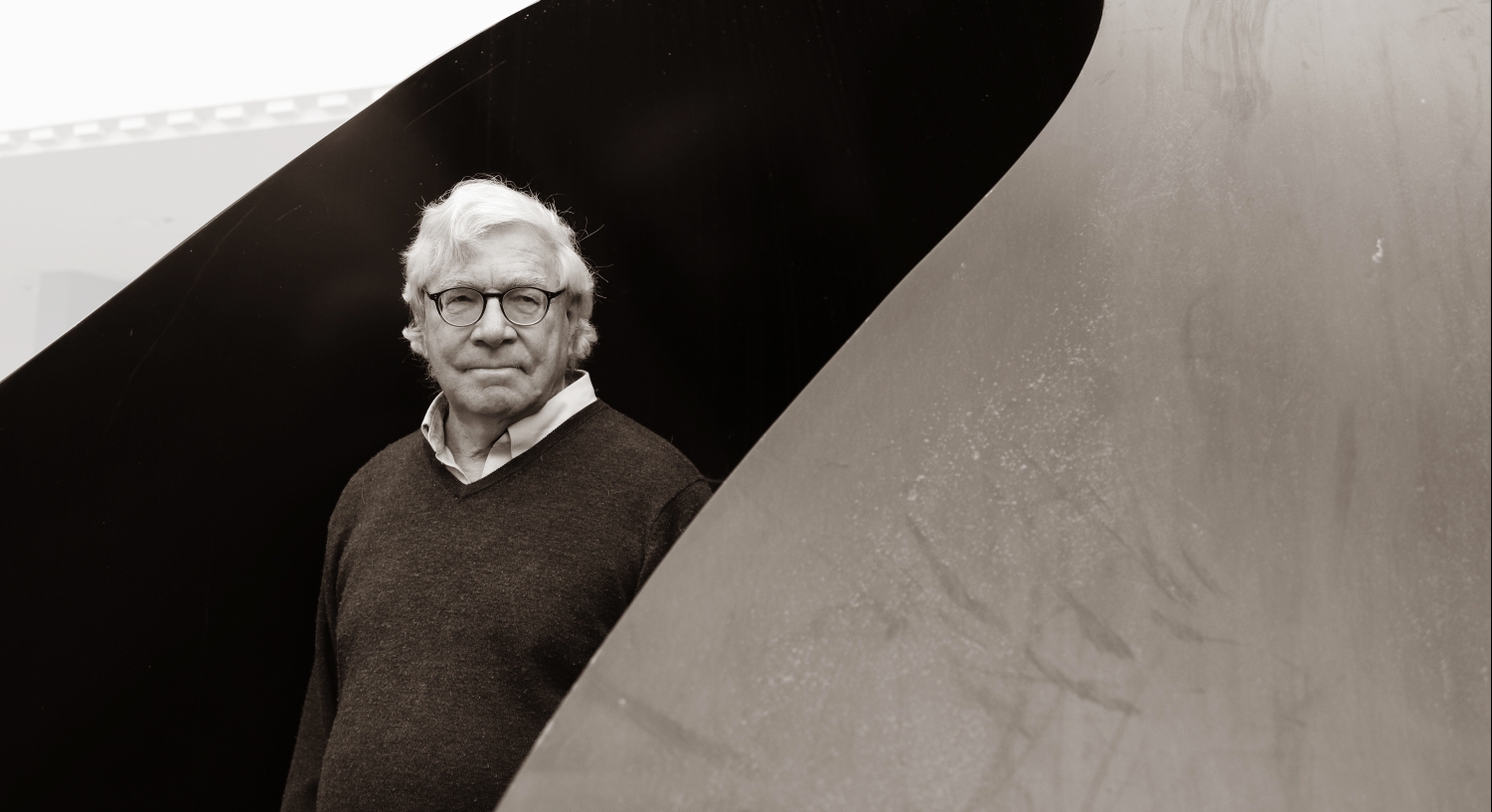
Centers are not just places, they’re also the relationships between people. They’re speculative tools that allow people to come together, imagine new possibilities, and build something else.
UC Santa Barbara’s Center for Feminist Futures (CFF) has five rooms on the third floor of the Social Sciences and Media Studies Building but “it’s really the networks and the relationships we have with each other; the love and the liberation we imagine; and the knowledge and actions we produce,” said Jigna Desai, its recently appointed director.
Building on the strengths of UC Santa Barbara as a national leader in feminist research and education, the CFF supports and promotes research, pedagogy and teaching, creative work, and public engagement in gender, sexuality and feminist studies from intersectional, interdisciplinary and global perspectives.
Desai, a professor of feminist studies and Asian American studies, noted that the CFF has the potential to be “one of the top centers” along with UCLA’s Barbra Streisand Center and Barnard, Rutgers and Michigan’s institutes for research on women and gender.
“I think we have an opportunity to build something slightly different and the way I see our work is that we are a space and a set of relations around four pillars: collaborative, transformative, engaged research; feminist pedagogy and public scholarship; intergenerational connections and feminist leadership; and communities of hope, rest and sustenance,” she said.
The product of a years’ long, cross disciplinary brain trust of over 15 UCSB scholars supported by SAGE Sara Miller McCune Dean of Social Sciences Charlie Hale and led by Interim Anne and Michael Towbes Graduate Dean Leila Rupp, the center brings together faculty, undergraduate and graduate students, youth, visiting practitioners and community members to cultivate new knowledge and critical strategies to imagine and build more just and joyous feminist futures.
“Feminist Futures will help us generate research-driven and publicly facing critical thinking about a whole web of major challenges that our society faces today,” said Hale at the center’s launch celebration, held on International Women’s Day. “Feminist principles apply to everything from economic recovery to anti-war mobilization to leadership and governance, not just about women in government, but actually feminist principles of guiding governmental practice.”
Rupp, who guided the process that led to the center’s current form, said that in planning meetings, the committee settled on the concept of feminist futures — “and those words are really important to us, both the plural ‘futures’ and the ‘feminist,’” she said. “Our goal is to build a center that is intersectional, interdisciplinary, intergenerational and impactful in terms of bringing research to the public.”
To accelerate progress toward a more just present and future for all, the center advances efforts that formulate new visions of feminist futures and promotes these visions in local, national and global contexts. CFF’s work is collaborative and inclusive by engaging and establishing dialogue with a variety of audiences, including policy-makers, activists, educators, elected officials, business leaders, philanthropic partners, artists and wider communities in Santa Barbara and around the world.
Recognizing the need for more feminist leaders everywhere in society, the center also seeks to forge intergenerational connections between established and junior scholars, between seasoned activists and emerging voices, between youth and elders. The aim is to build bridges between academic disciplines, generations, geographies and histories, to learn from the past while demonstrating how indispensable diverse feminisms are for establishing equality, rights and gender justice in the 21st century.
To achieve its goals, the center sets out to support collaborative, transformative and engaged research; to promote public scholarship and feminist pedagogy; to create opportunities for intergenerational connections and feminist leadership and to foster thriving feminist, queer and trans communities of hope, rest and sustenance.
CFF has also established research clusters such as Feminist Environmental Justice; Futures, Epidemics and States of Violence/Abolition Now for Our Future; Gender and Racial Justice/Revolutionary and Decolonial Futures; Still Our Bodies, Still Our Selves; Joy, Work, and Care Within and Against Racial Capitalism; Health Justice and Disability Justice; A Future of Just Universities; and Women and Leadership.
“Feminist scholarship has been one of the most impactful academic forces within teaching, research and leadership in the last 50 years,” Desai added.
“The Center for Feminist Futures strives to build on this foundation and to extend its impact, so that feminist scholarship continues to transform the university and our global communities, now and for generations to come.”
Debra Herrick
Associate Editorial Director
(805) 893-2191
debraherrick@ucsb.edu




